Search
Search Results
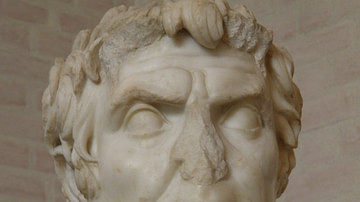
Article
Sulla's March on Rome
In 88 BCE, Lucius Cornelius Sulla (138-78 BCE) marched on Rome and entered the city's sacred inner boundary, the pomerium, bearing arms. Breaking this taboo, he sought to gain political power and control of the army of the East that had been...
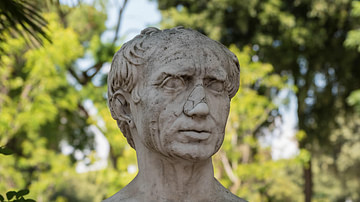
Definition
Gaius Marius
Gaius Marius (c. 157-86 BCE) was an accomplished military commander and politician who was acclaimed for saving Rome from the brink of collapse. Yet, unfortunately, his name has only survived in relative obscurity because his achievements...

Definition
Sulla
Lucius Cornelius Sulla (138-78 BCE) was a ruthless military commander, who first distinguished himself in the Numidian War under the command of Gaius Marius. His relationship with Marius soured during the conflicts that would follow and lead...
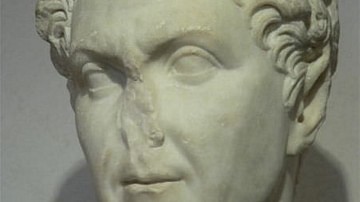
Article
Sulla's Reforms as Dictator
Lucius Cornelius Sulla (l. 138 - 78 BCE) enacted his constitutional reforms (81 BCE) as dictator to strengthen the Roman Senate's power. Sulla was born in a very turbulent era of Rome's history, which has often been described as the beginning...

Article
Lucius Cornelius Sulla: Guardian or Enemy of the Roman Republic?
For centuries, Lucius Cornelius Sulla has been reviled as a maniacal tyrant who defiled the Roman constitution and instituted bloody purges, but some modern historians assert that he has been judged too harshly. They present him as a republican...

Article
Marian Reforms
The Marian Reforms were a set of the reforms introduced to the Roman army in the late 2nd century BCE by Roman general and politician Gaius Marius (157-86 BCE). Through these reforms, the Roman army was transformed from a semi-professional...
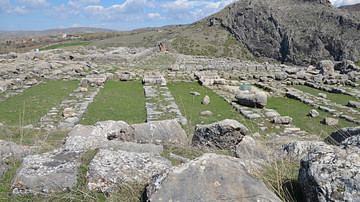
Definition
Bronze Age Collapse
The Bronze Age Collapse (also known as Late Bronze Age Collapse) is a modern-day term referring to the decline and fall of major Mediterranean civilizations during the 13th-12th centuries BCE. The precise cause of the Bronze Age Collapse...
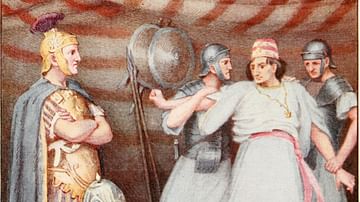
Definition
Jugurtha
Jugurtha (r. 118-105 BCE) was King of Numidia in North Africa and grandson of the first Numidian king Masinissa (r. c. 202-148 BCE). He was the illegitimate son of Mastanabal, Masinissa's youngest son, and was the least likely of Masinissa's...
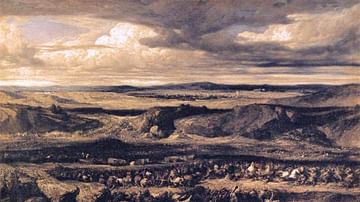
Definition
Cimbri
The Cimbri were a tribe who lived in northern Jutland during the Roman era. Their ethnicity is enigmatic; scholars generally believe that the Cimbri were Germans, though others maintain that they were Celts. The late 2nd-century BCE migration...
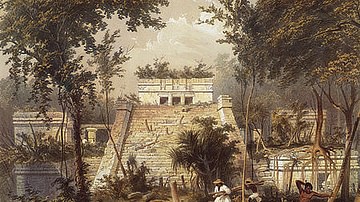
Article
The Classic Maya Collapse
The Mesoamerican Terminal Classic period (c. 800-925) saw one of the most dramatic civilization collapses in history. Within a century or so the flourishing Classic Maya civilization fell into a permanent decline when once-great cities were...